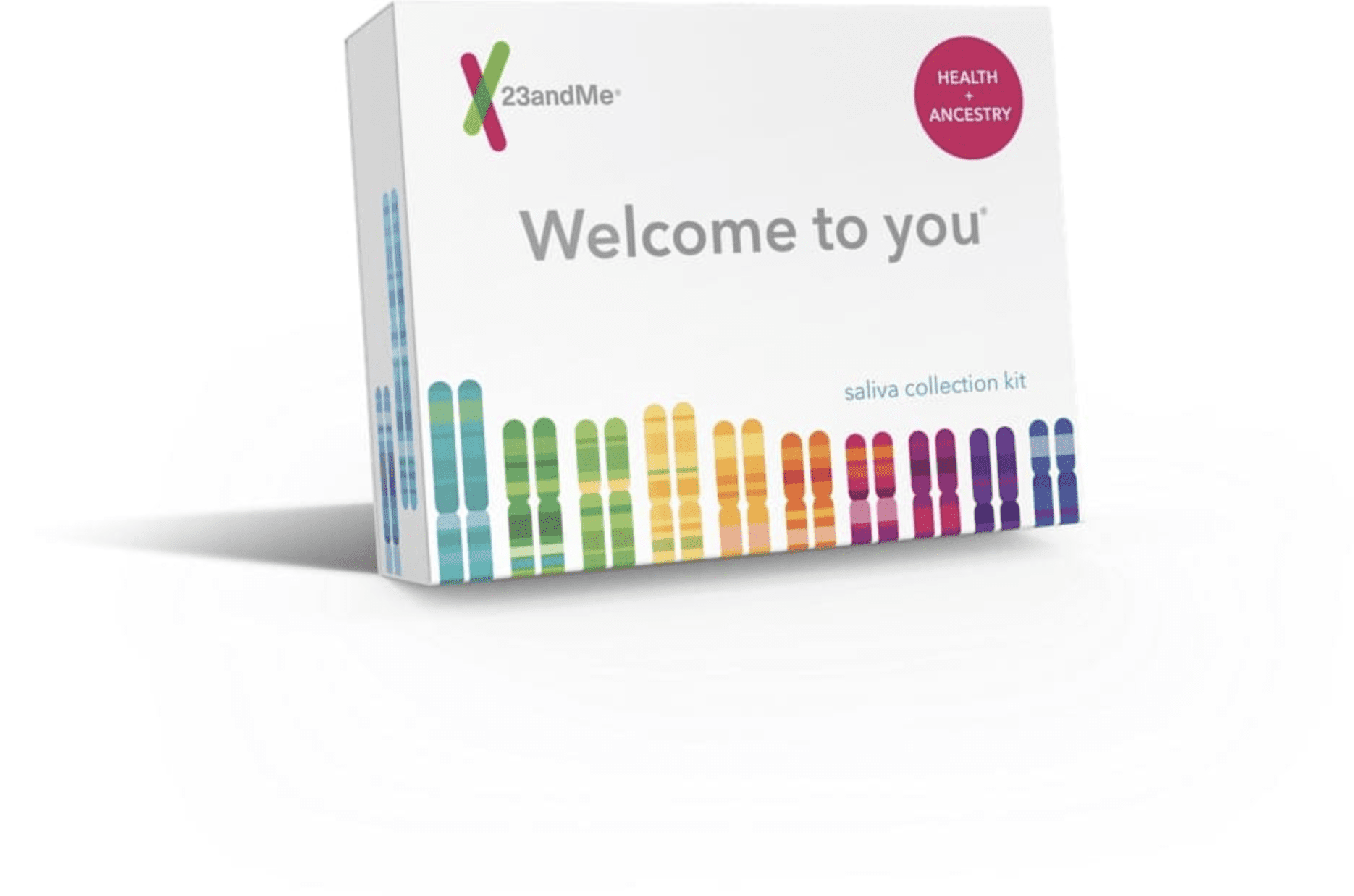Let's talk aboutTyrosinemia Type I & Genetics
What is tyrosinemia type I?
Tyrosinemia type I is a rare genetic disorder characterized by high levels of the amino acid tyrosine that can lead to liver and kidney disease. A person must have two variants in the FAH gene in order to have this genetic condition. People with just one variant in the FAH gene are called carriers. They’re not expected to have tyrosinemia type I themselves, but they could pass their variant on to their future children.
The genetics behind tyrosinemia type I
Tyrosinemia type I is caused by variants (differences) in the FAH gene. The FAH gene contains instructions for making an enzyme that breaks down the amino acid tyrosine, which is an important building block of many proteins. Certain variants in the FAH gene can prevent the enzyme from working properly, leading to high levels of tyrosine byproducts.
Did you know?
Tyrosinemia type I is most common in people of French Canadian, Finnish, Ashkenazi Jewish, European, Norwegian, and Turkish descent.
Explore more
The 23andMe Tyrosinemia Type I Carrier Status report* can tell you whether you may be a carrier for tyrosinemia type I. Being a carrier means you have a genetic variant that you could pass down to your future children. 23andMe tests for four variants in the FAH gene linked to tyrosinemia type I, and the report is most relevant for people of French Canadian and Finnish descent descent. 23andMe does not test for all possible genetic variants linked to tyrosinemia type I, and individuals who have zero variants detected still have a chance of being a carrier for tyrosinemia type I.
The Tyrosinemia Type I Carrier Status report is included in the 23andMe Health + Ancestry Service.

Health + Ancestry Service
*The 23andMe PGS test uses qualitative genotyping to detect select clinically relevant variants in the genomic DNA of adults for the purpose of reporting carrier status and reporting and interpreting genetic health risks. The relevance of each report may vary based on ethnicity. Our carrier status reports can be used to determine carrier status, but cannot determine if you have two copies of any genetic variant. These carrier reports are not intended to tell you anything about your risk for developing a disease in the future or anything about the health of your fetus, or your newborn child’s risk of developing a particular disease later in life. For certain conditions, we provide a single report that includes information on both carrier status and genetic health risk. The Tyrosinemia Type I Carrier Status report is indicated for the detection of four variants in the FAH gene and is most relevant for people of French Canadian, Finnish descent descent. For important information and limitations regarding carrier status reports, visit https://www.23andme.com/test-info/.
References
Sniderman King L et al. (2006). “Tyrosinemia Type I.” [Updated 2017 May 25].